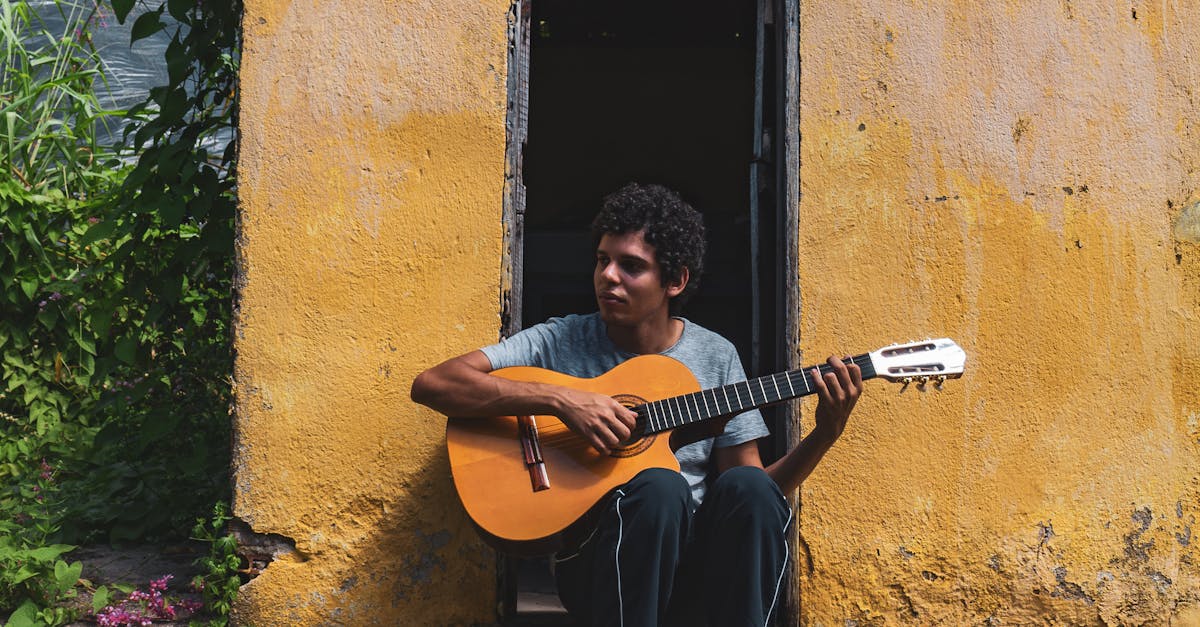
Introduction
Former Brazilian President Jair Bolsonaro remains at the center of intense legal and political controversy. Recent developments highlight the escalating judicial measures against him, linked to allegations that he orchestrated a coup attempt following his 2022 electoral defeat. This article explores the latest news surrounding Bolsonaro, focusing on the Supreme Court’s actions and the ongoing political repercussions.
Supreme Court’s House Arrest Order and Legal Proceedings
In a decisive move, Brazil’s Supreme Court has ordered Jair Bolsonaro into house arrest pending trial over accusations that he masterminded an attempted coup after losing the 2022 presidential election to Luiz Inácio Lula da Silva. The court cited that Bolsonaro violated precautionary restrictions imposed on him by disseminating content through social media accounts managed by his sons, actions that were seen as an attempt to incite or coerce public demonstrations against the judiciary.
Justice Alexandre de Moraes, who is leading the investigation, underscored that Bolsonaro’s activities during protests in Rio de Janeiro—specifically addressing crowds in Copacabana—were a direct affront to the court’s authority and legal constraints placed on him. This behavior was deemed a breach serious enough to justify house arrest for the former leader.
Bolsonaro’s defense team has announced plans to appeal the ruling, asserting that his messages, which included a public greeting to supporters framing it as a call for “freedom,” do not constitute criminal actions or violations of precautionary measures. Nonetheless, the Supreme Court views these efforts as attempts to undermine judicial processes and public order.
Political and Social Implications
The decision to place Bolsonaro under house arrest has intensified political tensions in Brazil. His supporters continue to rally in various parts of the country, demonstrating strong loyalty and opposition to the current administration. The ongoing legal battles further polarize Brazilian society, where emotions run high over questions of democracy, institutional respect, and the legitimacy of electoral outcomes.
The situation also tests the strength and independence of Brazil’s judiciary, illustrating its role in maintaining constitutional order against actions perceived as threats to democracy. As the trial proceeds, Bolsonaro’s future, as well as Brazil’s political stability, hangs in a delicate balance marked by deep divisions within the electorate and the political class.
Conclusion
The latest developments concerning Jair Bolsonaro highlight a crucial chapter in Brazil’s democratic journey. The Supreme Court’s decision to place the former president under house arrest amid coup attempt allegations signals a firm stance by the judiciary against challenges to constitutional order. While Bolsonaro’s legal team continues to fight these measures, the political and social reverberations across Brazil underscore an ongoing struggle between competing visions for the country’s future.